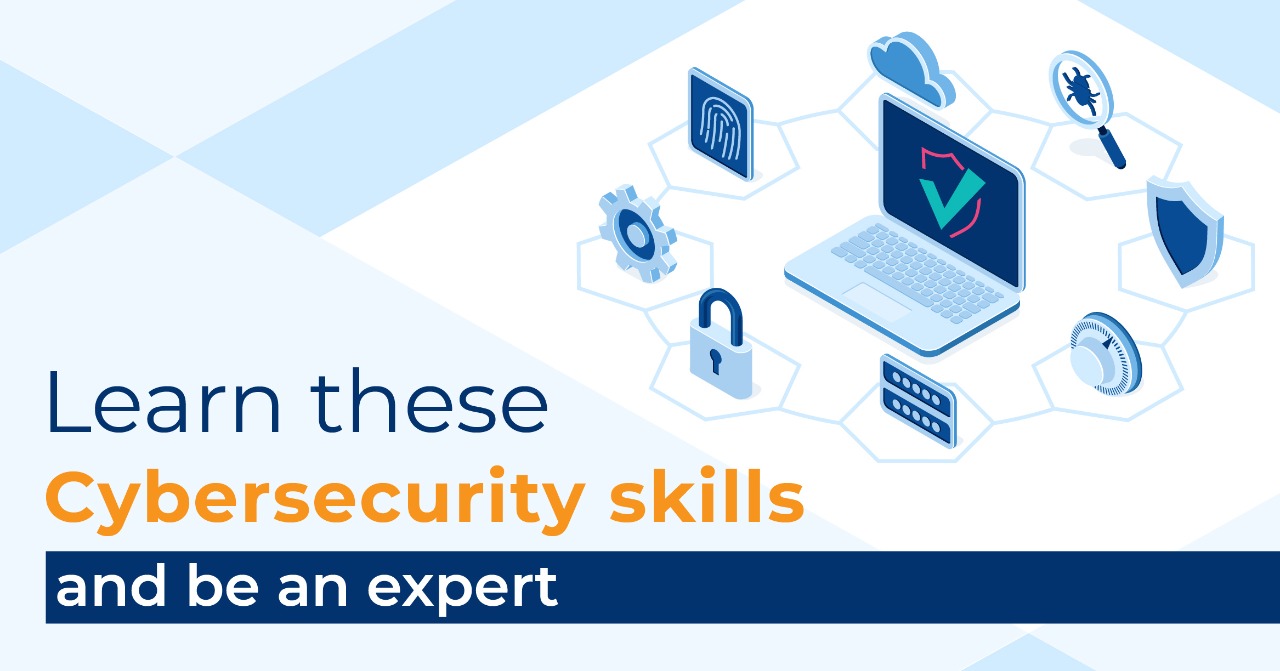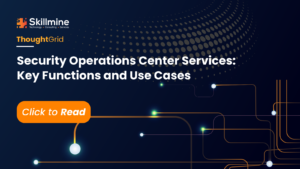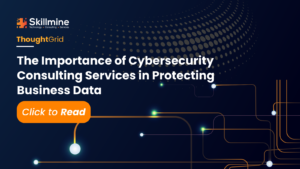In 2021, cyberattacks were ranked as the sixth most significant risk to businesses. This industry is anticipated to expand in 2022, with IoT cyber assaults expected to double by 2025. Furthermore, according to the World Economic Forum’s 2020 Global Risk Report, detection (or prosecution) rates in the United States are as low as 0.05 percent.
Cybercrimes increased by 600 percent with the onset of the COVID-19 pandemic. With the increase in data theft and hacking, almost every industry has been compelled to embrace cybersecurity as a core competency area.
Here are some critical skills you should work on to secure a career in the cybersecurity domain:
Programming skills:
To begin, you should be familiar with various programming languages. Python, Java, PHP, and.NET are some of the most popular programming languages. Each programming language has its own set of uses. PHP, for example, can assist you in working with servers and determining their security requirements. On the other hand, Python contains various libraries for various applications, making it a must-have for any cybersecurity practitioner. You can simultaneously develop coding skills by learning multiple programming languages.
Networking and virtualization:
A network allows various computer units to share information and data through digital linkages. Network security refers to the specific configurations and policies which safeguard a computer network and its data through hardware and software solutions. To learn about network security, a popular topic of cybersecurity, it’s essential to understand how a network operates and its components.
Virtualization, which establishes a virtual software computer within a device, is another related skill. A virtual machine has distinct RAM, CPU, and memory capacities. You may construct several virtual machines on one computer by learning virtualization. One of the most critical abilities for cybersecurity experts is virtualization, which allows them to execute tests without additional gear or resources.
Analytics and intelligence:
Analyzing data and concluding is known as analytics. You should be able to do analytics and determine which areas require more attention. Understanding the fundamentals of analytics and intelligence can help you learn cybersecurity analytics, which focuses on employing data attribution, analysis, and aggregation to get the necessary data for future implementations.
Application security development:
You may be required to work with in-development solutions in addition to existing systems and devices. A cybersecurity professional must test the application and detect any potential vulnerabilities that could be exploited during development. They find, fix, and prevent security flaws. The demand for application security development grows as more firms concentrate on published apps. You should be able to test and assess an application’s performance to identify its flaws.
Intrusion detection:
Cybersecurity personnel must be able to recognize and respond to intrusion events. An intrusion detection system (IDS) is a software solution or hardware that monitors a system for policy breaches or hostile activity. Intrusion detection systems are classified as follows:
- Perimeter Intrusion Detection System (PIDS)
- Network Intrusion Detection System (NIDS)
- Host-based Intrusion Detection System (HIDS)
A malicious event would be detected by an IDS and reported to the network or system administrator. It may also capture and store the occurrence in the Security Information and Event Management System.
Digital forensics:
Digital forensics refers to the procedures that aid in analyzing a cyberattack or security breach and the identification of the likely perpetrator. You should know how to use the numerous digital forensics tools used in the industry. They will assist you in detecting anomalies, data, and harmful actions on the network and taking appropriate action.
Conclusion
Cybersecurity professionals act as the organization’s security force. They n implement the latest technologies to keep all undesirable and hostile parties away from the organization. You can become an in-demand professional by learning the cybersecurity skills we highlighted in this post.
Looking for expert technology consulting services? Contact us today.





